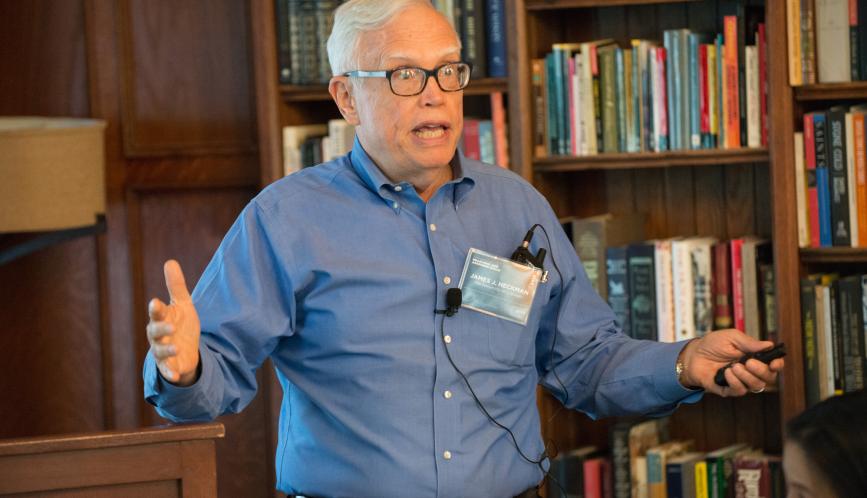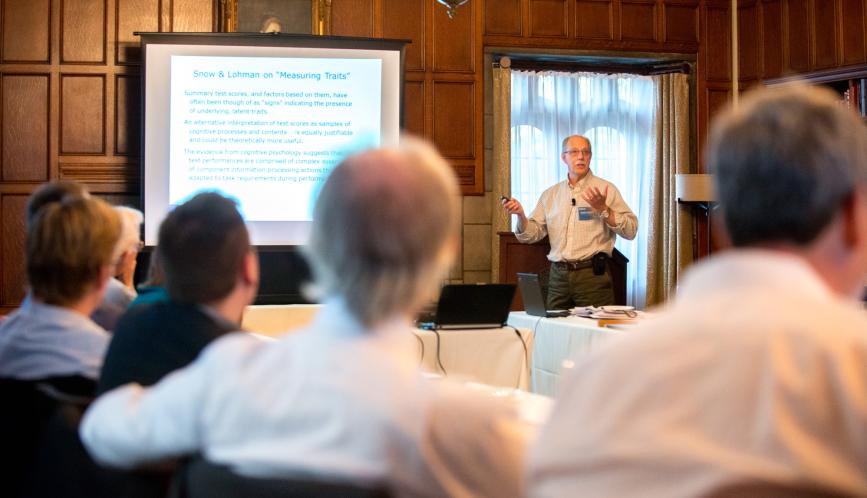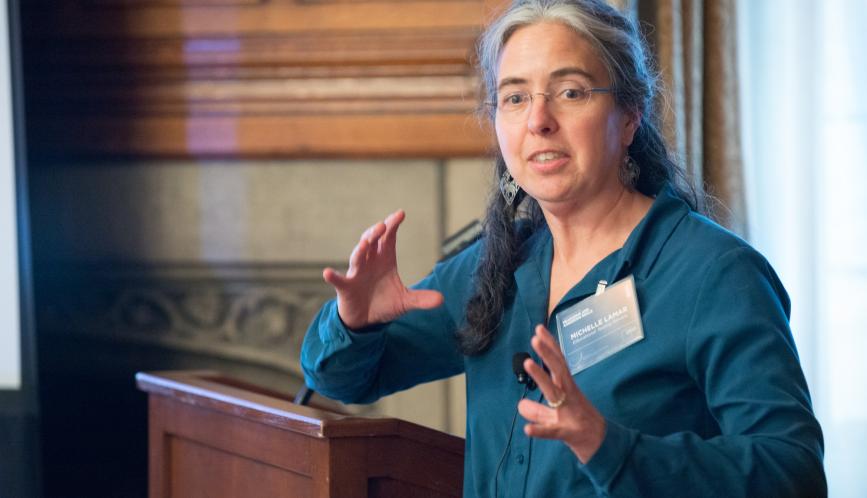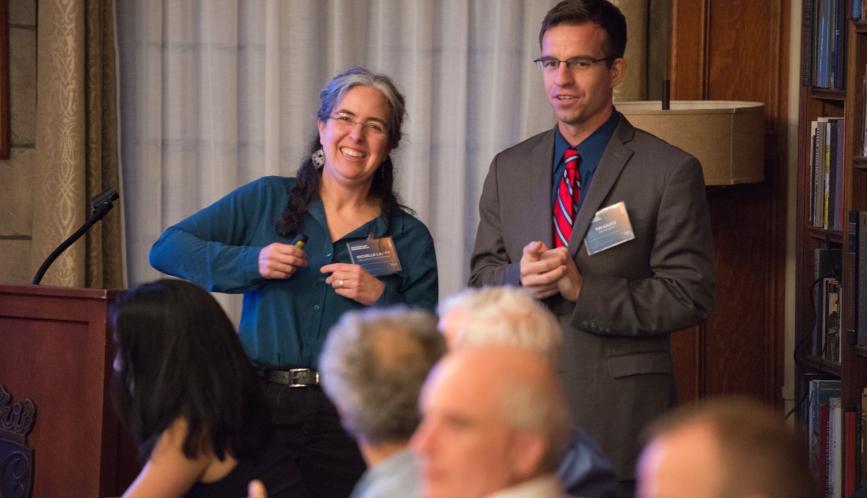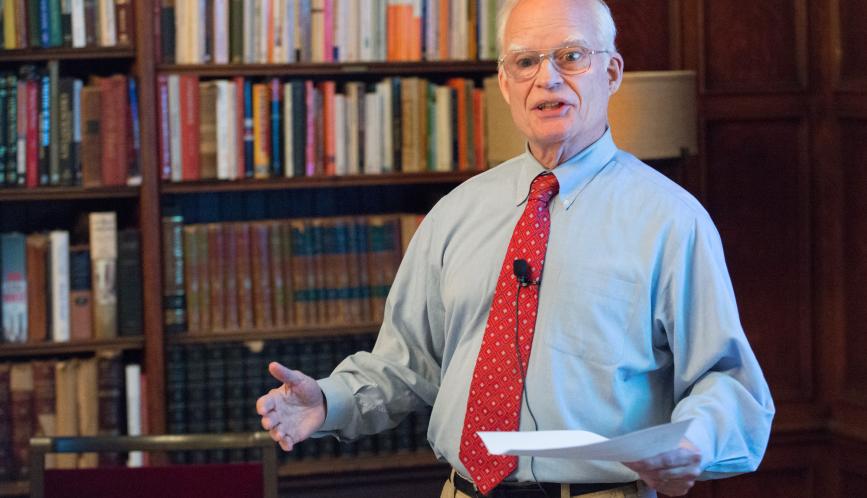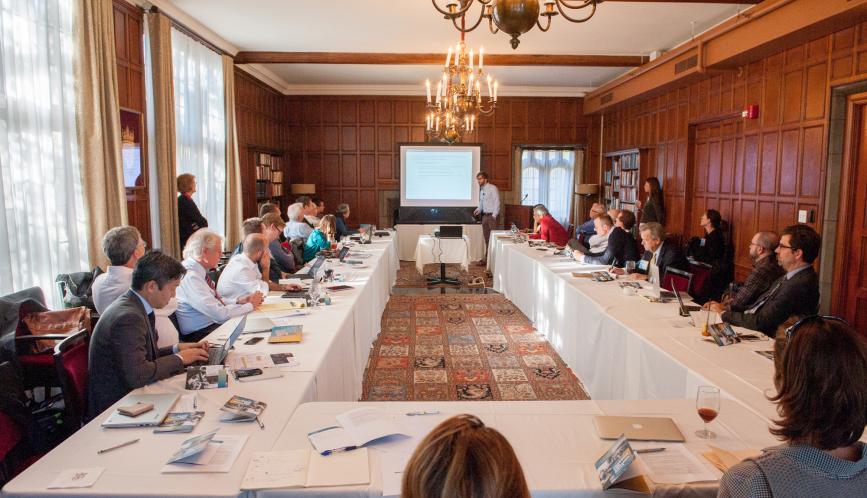There is growing recognition that multiple skills, beyond IQ and cognition, are important predictors and likely determinants of success in many aspects of life. Although a variety of methods are used to measure these skills, there is not agreement on the best ways to do so.
This conference assembled leading economists, psychologists, and measurement specialists to examine and evaluate alternative approaches to the measurement of skills. Sessions were organized around three distinct but potentially complementary approaches, with time dedicated to discussing the relative strengths and benefits of their elicitation strategies. One approach is based on traditional interviews, self reports, paper and pencil tests, and observer reports. A second approach is based on how people perform in response to various incentives and situations in controlled settings, such as laboratories. A third approach uses manifest behaviors in uncontrolled "real world" settings to measure skills.
This conference was co-organized with the Spencer Foundation, the Center for the Economics of Human Development at the University of Chicago, and the Research Network on the Determinants of Life Course Capabilities and Outcomes (R24AG048081), a CEHD initiative funded by the National Institute on Aging.



